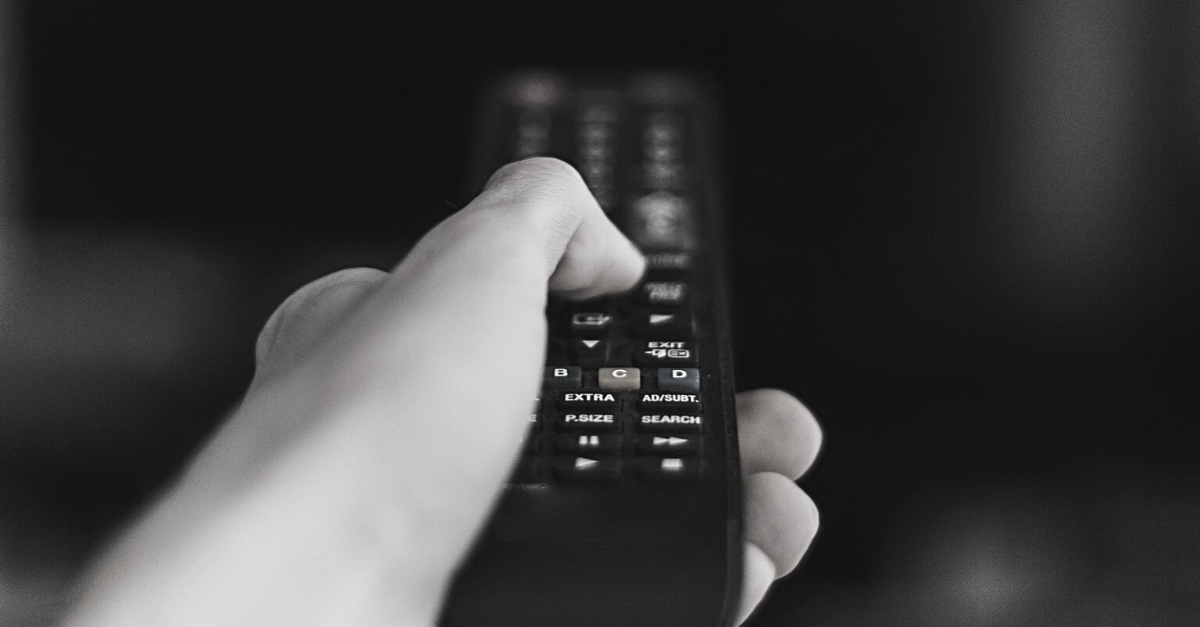Looking for ways to get better sleep? The age-old myth of a nightcap sending you off into a dreamy sleep is much further from the truth than you might think.
While the practice of having a lil’ alcoholic beverage before bed has been around since the 1700s, the credibility of a nightcap being an effective sleep aid is questionable.
Read on to find out if how a nightcap negatively impacts your quality of sleep and what you can swap it for to get better sleep.
How does a nightcap impact your sleep quality?
Something I get asked a lot when delivering our Science of Recovery program is ‘Does alcohol help me sleep?’.
The answer to that question is yes… but no.
Having a nightcap before bed can have a sedating effect that makes you feel sleepy and can initially help send you off to sleep. This is what has made us think for centuries that having a nightcap actually has a positive effect on our sleep.
BUT (and it’s a big but, I cannot lie) alcohol has the largest disrupting effect on Rapid Eye Movement sleep, otherwise known as REM sleep. It’s a pretty important biological function, so it’s worthwhile doing what you can to avoid messing with it.
‘If exercise and nutrition are the two pillars of good health, then sleep is the foundation’. – Matthew Walker, author of ‘Why We Sleep’
What is REM sleep?
REM sleep is the cycle of sleep characterised by the rapid movement of the eyes, while the body remains immobile. You may have heard of REM sleep is referred to as ‘Dream Sleep’ because… well… I think you get the idea.
As well as being the period of sleep where we dream, REM sleep provides us with all sorts of really important cognitive benefits.
During REM sleep we:
- Organise information from the day
- Form new memories
- Integrate new skills
Think about it this way – how often have you had trouble learning something new, came back to it after a good night’s sleep, and all of a sudden it just ‘clicked’? That’s the power of REM sleep.
Perhaps the most important benefit we get from REM sleep is that the emotional centres of our brains undergo key processes that allow us to be emotionally balanced for the next day.
This all sound pretty important, right?
Well, the bad news is that REM sleep takes a significant hit when we enjoy a sneaky whisky or winky wine before bed.
How does alcohol impact REM sleep?
Due to the way our bodies metabolise alcohol, after having a nightcap we end up having less REM sleep at the beginning of the night. We then experience multiple disruptions to our sleep in the second half of the night (when we would ideally be getting long periods of quality REM sleep).
The result? While you may have slept for 7-9 hours, you will likely have trouble remembering things from the previous day and will feel grouchy or sad.
So, what can you do to get better sleep?
Everyone is different, and no-one knows your body as you do. For that reason, this article isn’t intended to be a stick beating you over the head saying, ‘No more Corona before bed!’.
However, if you do find that when you have a nightcap you wake up the next day feeling unrested, mentally sluggish or even emotionally uncentered, then you may be experiencing REM sleep deprivation.
If you think this is you, then it may be worthwhile ditching the Tea-Time-Tequila, swapping the Kahlua for Kombucha, and then simply paying attention to how you feel the next day.
Do you feel more well-rested?
Do you have a sharper memory?
Feeling zen, like Yoda?
If you do notice a difference, then it may be worthwhile making a more permanent change to your night-time rituals in order to get more of that totally dreamy REM sleep.
Here’s another thing you can try to get a better sleep that’s way cheaper than a fancy nightcap – have a warm shower and then put the air conditioner on in your bedroom. This will activate your parasympathetic nervous system and help you to get into a state of relaxation and restfulness.
There you have it, you now know all about how a nightcap impacts the quality of your sleep. If you’d like a more comprehensive guide to getting a good night’s sleep, grounded in science, take a look at our good sleep guide.


